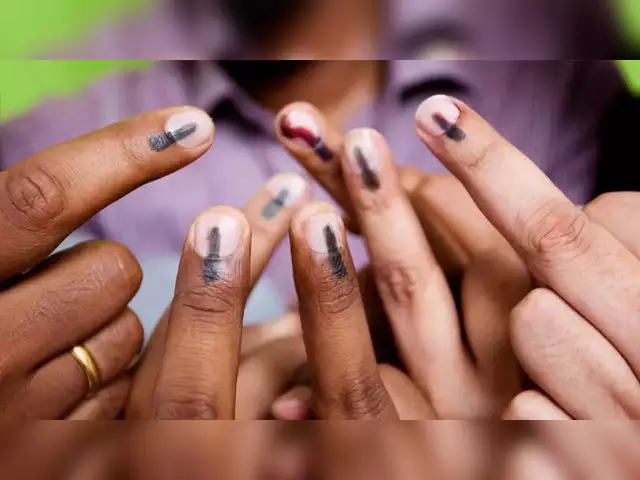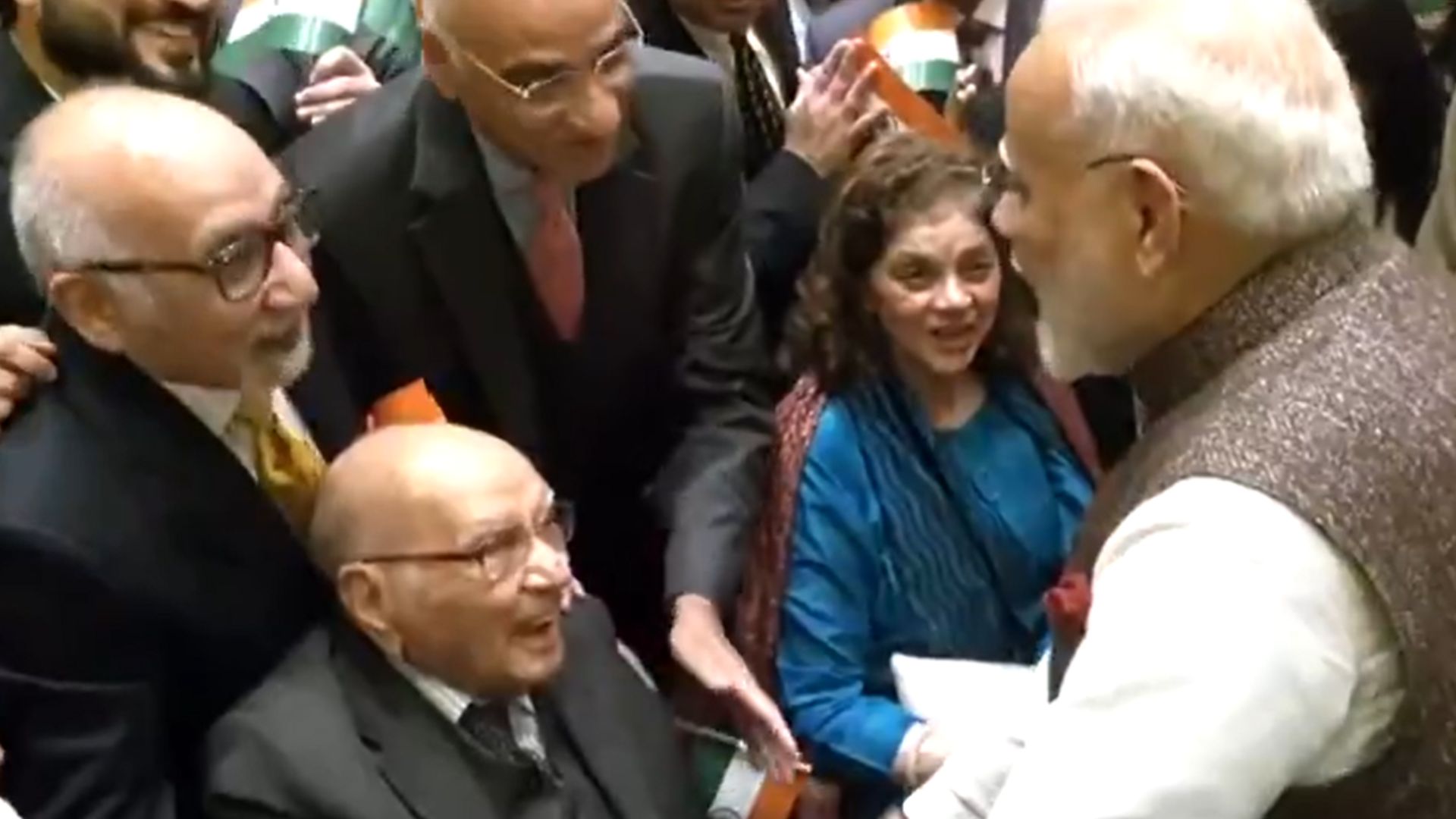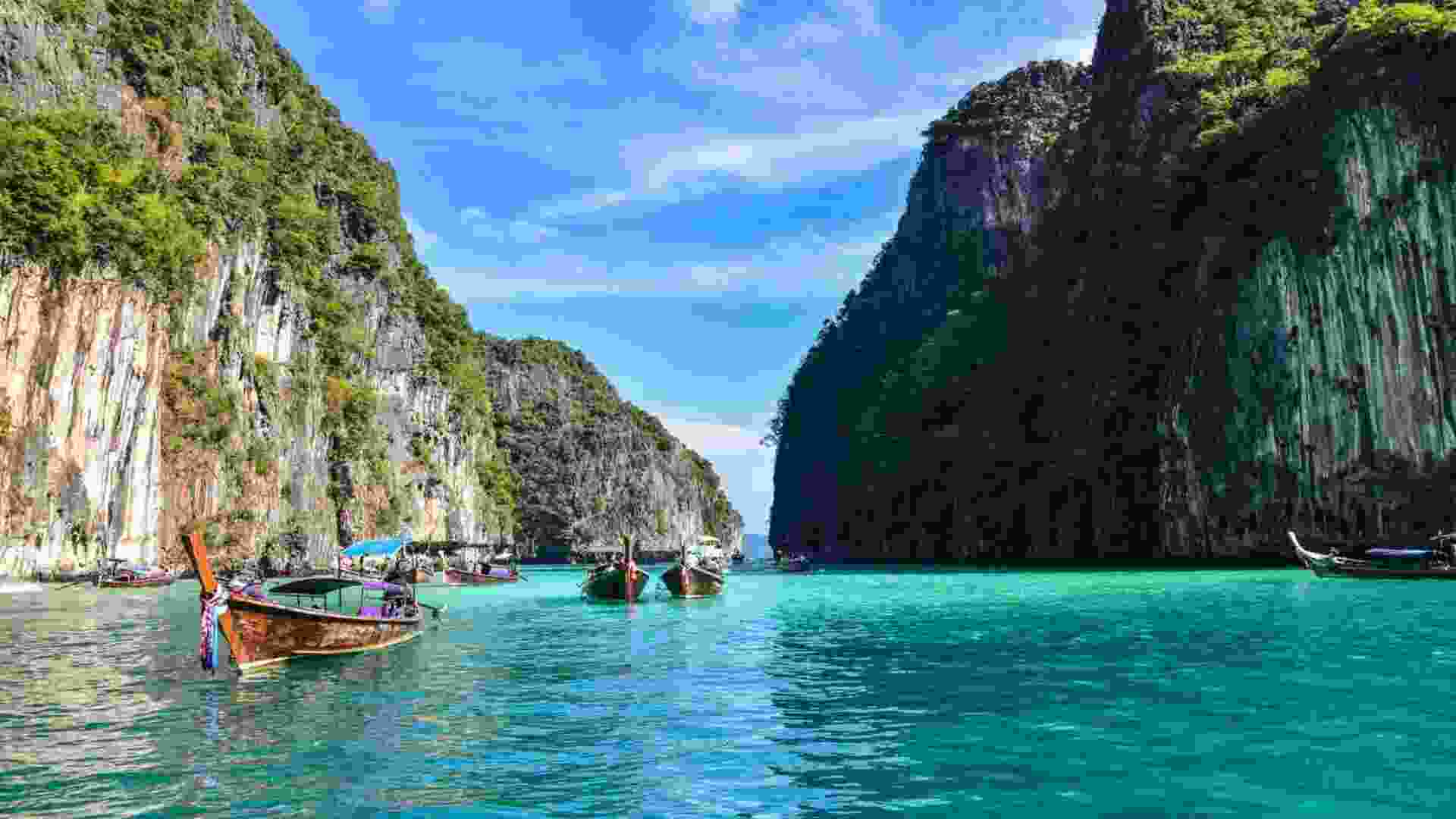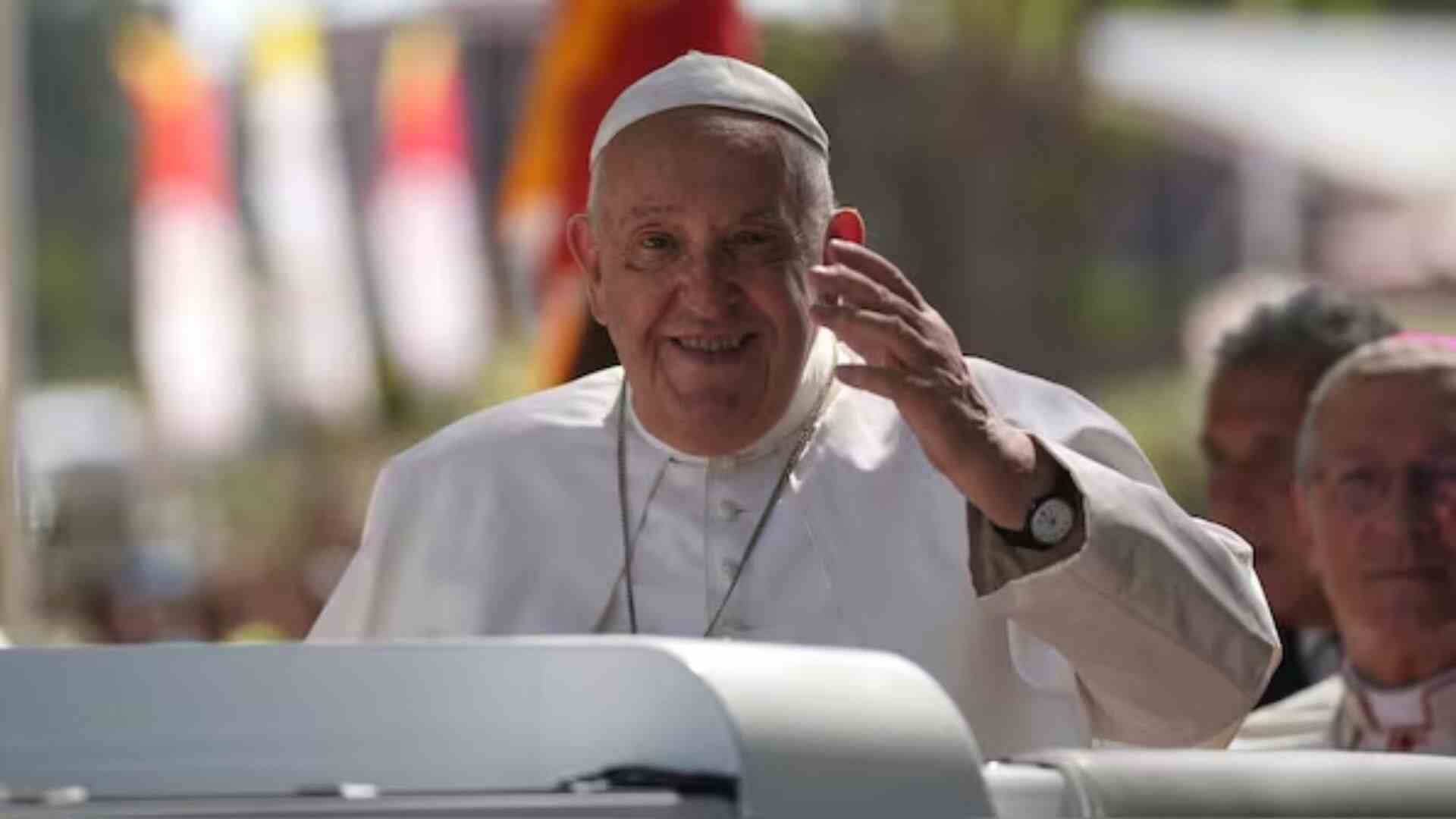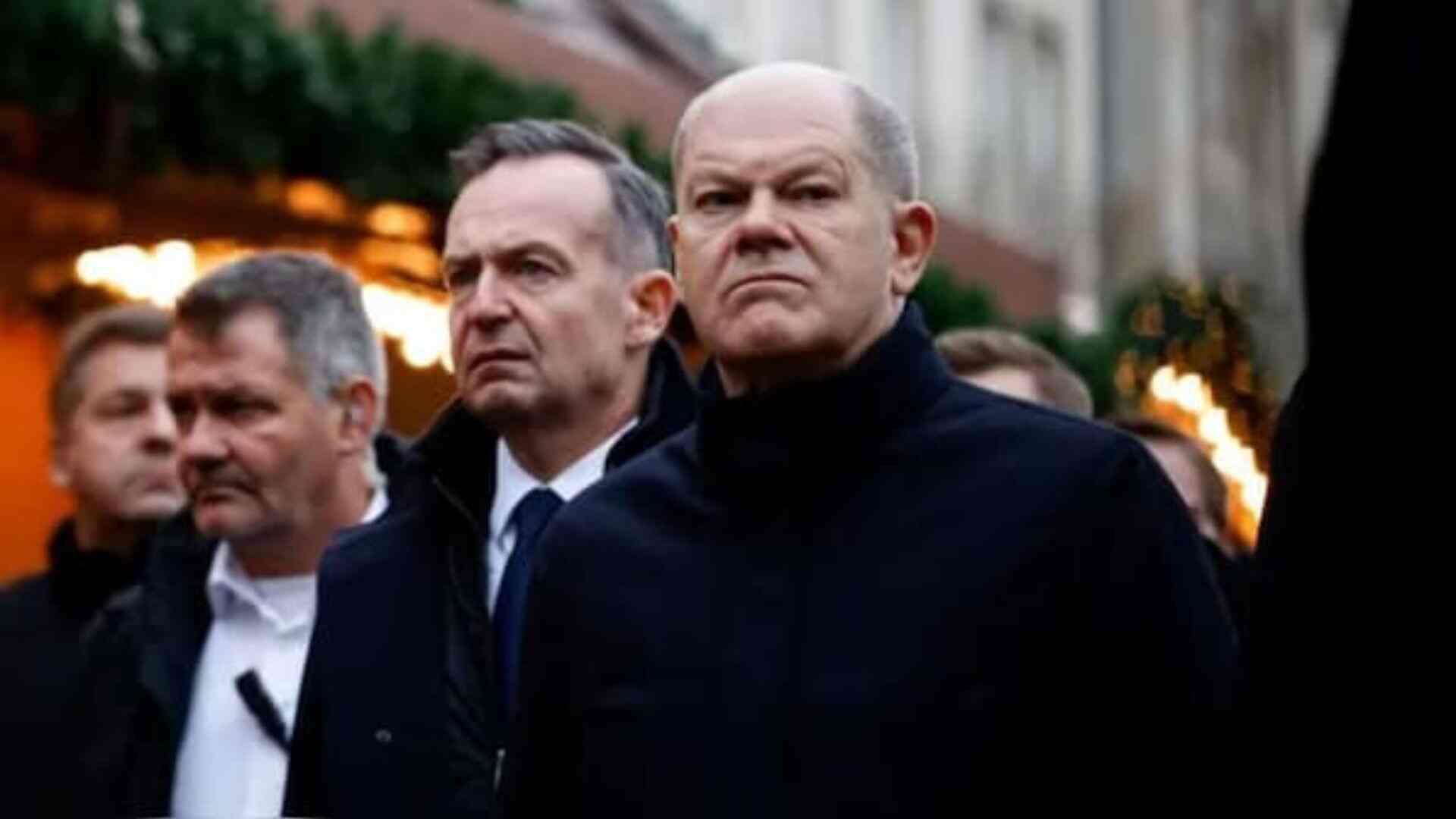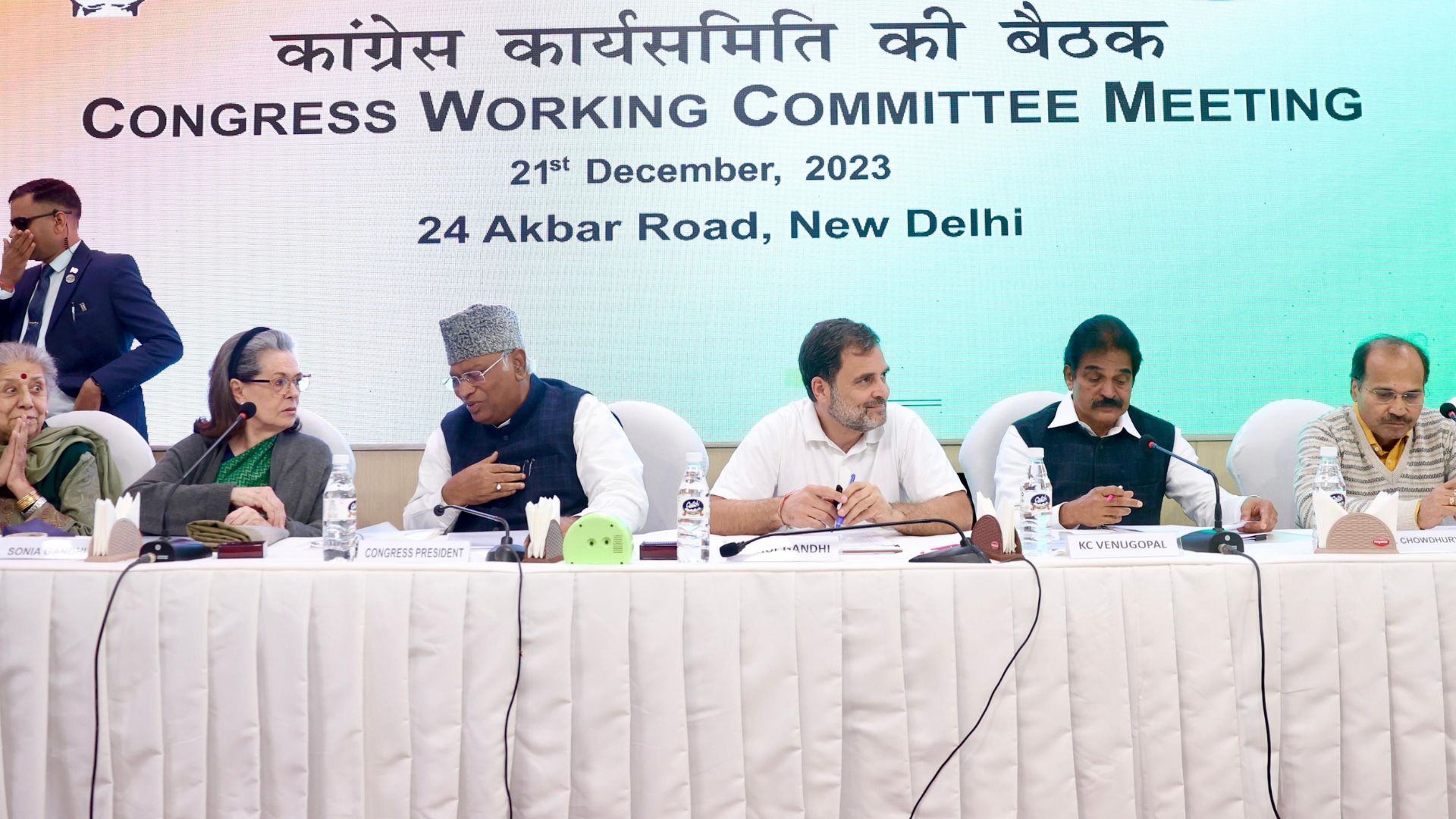For the first time in 10 years, the people of Jammu and Kashmir are voting in the 2024 assembly elections. The first of the three-phase election process begins on Wednesday, and it’s a significant event following the abrogation of Article 370 in August 2019.
The Election Commission of India (ECI) announced that over 23 lakh voters will be participating in the election to decide the fate of 219 candidates. Among these candidates, 90 are independents contesting across 24 assembly constituencies—eight in the Jammu region and 16 in the Kashmir Valley.
Tight Security Measures in Place
To ensure a safe election, the government has enforced strict security measures. The Central Armed Paramilitary Forces (CAPF), along with the Jammu and Kashmir Armed Police and local police, are managing security across the region.
Key Points to Know About the Election
First Election Post-Article 370
This assembly election is the first since the removal of Article 370, which provided special status to Jammu and Kashmir. The ECI has assigned 14,000 polling officials to supervise voting at 3,276 polling stations.
New and Special Voters
In the first phase, 1.23 lakh young voters, aged 18-19, are eligible to cast their votes. Additionally, 28,309 persons with disabilities and 15,774 elderly voters over the age of 85 will participate.
Prominent Candidates
Notable figures from the Kashmir region in the first phase include PDP’s Iltija Mufti, CPI (M)’s Mohammad Yousuf Tarigami, and Congress’ Ghulam Ahmad Mir.
NC-Congress Divide
Despite their alliance, the National Conference (NC) and Congress have fielded separate candidates in Banihal, Bhaderwah, and Doda. Rebel NC leader Pyare Lal Sharma is running independently in Inderwal, while BJP rebels Rakesh Goswami and Suraj Singh Parihar are competing from Ramban and Padder-Nagseni.
Jammu Region Candidates
In Jammu, key candidates include former ministers Sajjad Kitchloo (NC), Vikar Rasool Wani (Congress), Sunil Sharma (BJP), and independent Ghulam Mohammad Saroori.
Urban and Rural Polling Stations
There are 302 urban and 2,974 rural polling stations, each managed by four election officials, including a presiding officer.
Kashmiri Pandit Voters
Over 35,000 Kashmiri Pandits will participate in this election. The ECI has streamlined paperwork to make it easier for those who moved from Kashmir to Jammu and Udhampur in the 1990s to vote.
No Elected Government Since 2018
Jammu and Kashmir have been without an elected government since June 2018, when the BJP ended its alliance with the PDP, forcing Mehbooba Mufti to step down as chief minister.
Reserved Constituencies
Out of the 90 assembly constituencies, 74 are for general candidates, nine are reserved for Scheduled Tribes, and seven for Scheduled Castes.
Terror Case Candidate
In Pulwama, Waheed Para, accused in a terror case, faces competition from his former colleague Mohammad Khalil Bandh, who is now representing the NC.

